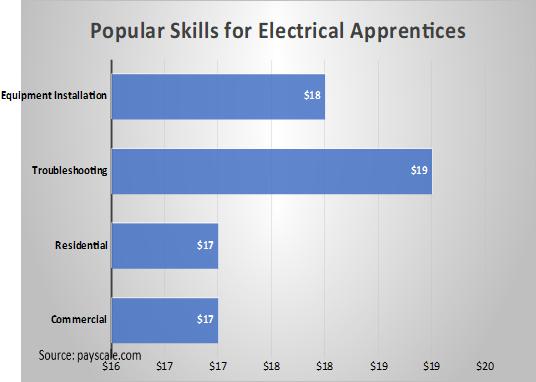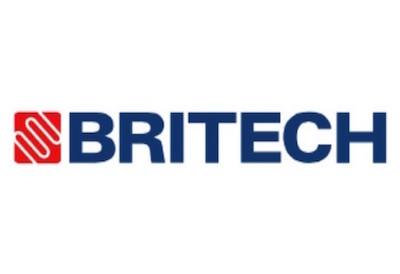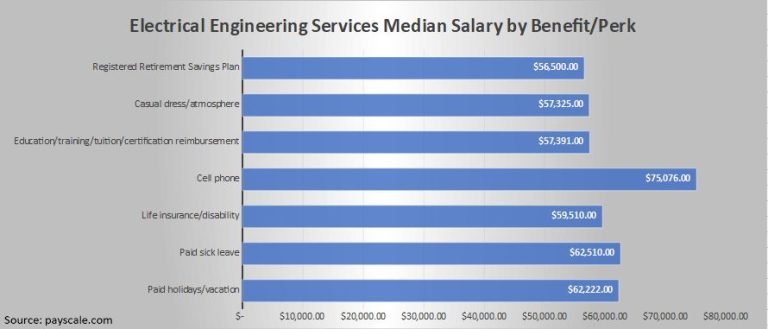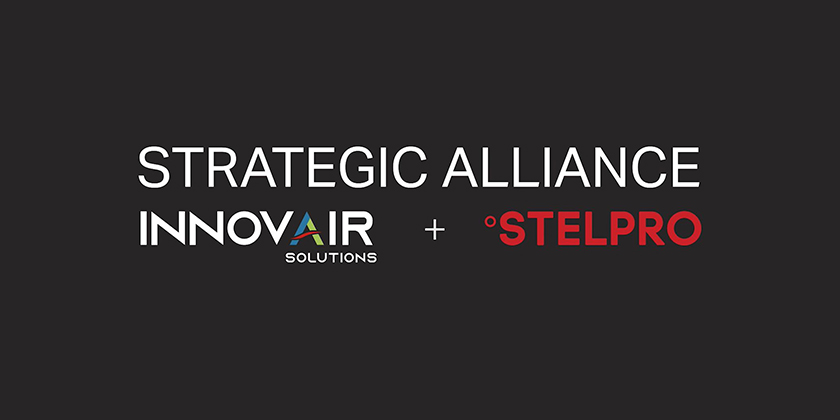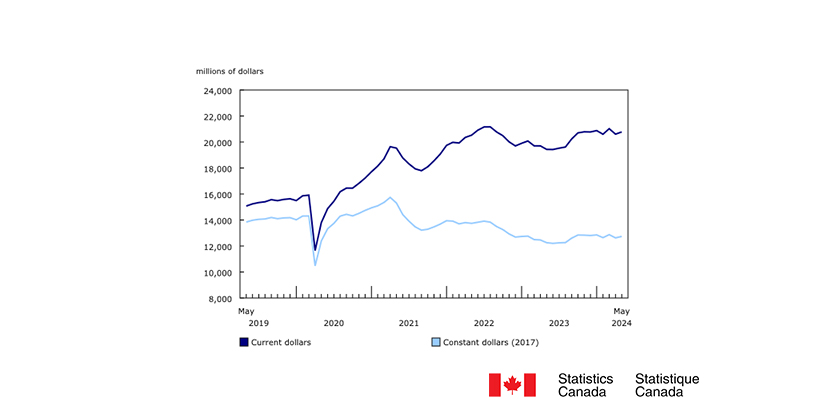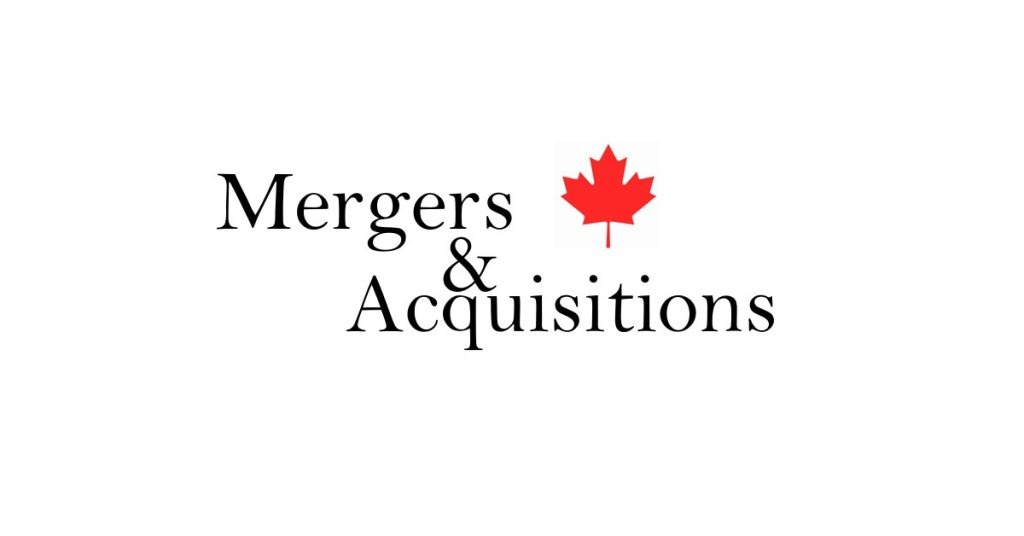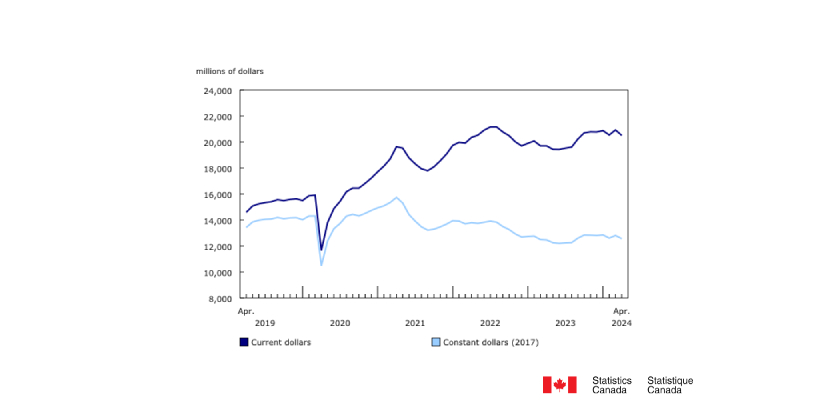The Dope on Marijuana at Work

Nov 20, 2017
By Claire E. Milton
On July 1, 2018, the possession of marijuana, referred to as cannabis in the legislation, will become legal in Canada. Not a day goes by without a news story about how the provinces are scrambling to decide how to best implement a distribution system for the lawful sale and use of cannabis products.
Employers should fully understand laws applicable to both medical and recreational cannabis, and should more than likely be reviewing and modifying internal policies to address the changing landscape. If you do not already have an internal policy in place that addresses the use of both prescribed and recreational drugs in the workplace, then the legalization of recreational cannabis is an opportunity for you to put something in place.
The law
There is much confusion about what is legal in Canada when it comes to cannabis. Canadians are saturated with news from the United States, most of which has no application to Canadians and their employers. So, let’s start with understanding what is legal today, and what will change on July 1, 2018.
Prescribed medical marijuana is already legal in Canada. Individuals who have a medical need and the authorization of their health-care practitioner can access cannabis in three ways:
(i) registering to grow their own medical marijuana, (ii) designating a registered grower, or
(iii) buying from a Health Canada-approved licensed producer. In each case, the production and distribution of medical cannabis are strictly regulated. This regime and ongoing access to medical cannabis will not change under the new legislation.
As of July 1, 2018, adults who are at least 18 years of age will be able to possess up to 30 grams of dry or fresh cannabis, share that amount with other adults, and buy dry cannabis or cannabis oil from a provincially regulated retailer. Adults will also be permitted to grow up to four plants per residence for personal use. This law encompasses strict rules around selling to minors and driving while impaired. Much like they do with the sale of alcoholic beverages, individual provinces, territories and municipalities will be able to set higher minimum ages and individual laws regarding distribution and retail sales rules.
Employer policies
What does this mean for employers? If your workplace does not already have an internal policy on drug and alcohol use, it is time to put one in place. Recreational marijuana usage at work should be treated like any other controlled substance, such as alcohol. If you already have a policy, it should be clarified to ensure that employees understand that the legalization of recreational marijuana does not change anything when it comes to the workplace. Employers are responsible for the safety of employees, and they have a right to enforce a zero-tolerance policy against intoxication or impairment at work.
A good policy establishes
• the priority of a safe workplace
• the shared responsibility for acceptable conduct
• the consequences of non-compliance
• the communication protocol for employees needing information or answers to questions
Employers can outline disciplinary actions and grounds for termination in cases where employees violate the policy.
The use of medical cannabis must be accommodated by employers if the employee demonstrates that he or she is compliant with the laws applicable to its use, and if the accommodation can be implemented without causing either undue hardship or untenable safety issues. Accommodation of an underlying disability for which cannabis has been prescribed must be managed just like any other medical need or disability. This could mean allowing employees to take breaks to vapourize their medicine or a change in their responsibilities to accommodate the medical condition.
Your policy should, therefore, include a specific section on medicinal cannabis, outlining what medical proof will be required and what conditions may be applicable to accommodation. Employers who have not accommodated medical cannabis have already found themselves before the law.
In the case of Wilson vs. Transparent Glazing Systems, glazier Gregory Wilson held a cannabis prescription for back pain and migraines but was fired after someone complained about him being impaired on the job. Wilson alleged discrimination based on disability and his use of medication. The company countered that he was incompetent and fired for poor performance.
The British Columbia Human Rights Tribunal agreed with the company’s assessment of his work but sided with Wilson. The tribunal criticized Transparent Glazing for not dealing properly with Wilson’s poor performance and noted that the company only acted once they received a complaint about Wilson’s impairment. At no point did Transparent Glazing discuss Wilson’s performance issues or the effect his disability might have had on those issues with him, which made the termination discriminatory.
Although it is a U.S. case, in a July 2017 decision from the top court in Massachusetts, a woman who was fired for testing positive for marijuana obtained with a legal prescription was allowed to sue her former employer for disability discrimination.
Conclusions
Different industries, demographics of your workforce and your workplace culture will mean that there is no standard template for an effective policy. The different challenges and individual cultures need to be addressed in a policy that is crafted specifically for your workplace. However, this summary provides basic ideas that should be incorporated into any policy.
As Canadians become accustomed to a society that accepts recreational marijuana, employers will no longer be able to ignore the issue. As with many other circumstances, employers who deal with marijuana at work in an open and informed manner will be better prepared for the questions and situations that will inevitably arise.
Guidance from the highest court in the land for employers managing addiction issues in safety sensitive workplaces
On June 15, 2017, the Supreme Court of Canada issued an important judgment that will help employers balance their obligations under human rights law to not discriminate and under occupational health and safety law to keep everyone safe in the workplace.
Stewart v. Elk Valley Coal Corp., 2017 SCC 30 is a must-read for employers. This case has been working its way to the top of our judicial system, beginning with a decision of the Alberta Human Rights Tribunal, which held that Stewart was terminated for breaching his employer’s policy that required him to disclose any drug dependence or addiction issues before any drug-related incident occurred. If an employee disclosed, they would be offered treatment assistance. If they failed to disclose and were involved in an incident and tested positive for drugs, they would be terminated — a policy dubbed the “no free accident” rule. Stewart was a cocaine user. He used only on days off but did not tell his employer that he was using drugs. His loader was involved in an accident; he tested positive for drugs and then Stewart disclosed that he was addicted to cocaine.
The employer fired him, and through his union representative, Stewart argued that he was terminated due to his addiction, which was discriminatory under the Alberta Human Rights, Citizenship and Multiculturalism Act. The tribunal’s decision in favour of the employer was affirmed first by the Alberta Court of Queen’s Bench, then by the Alberta Court of Appeal, and now by the Supreme Court of Canada.
The workplace in this case was a mine, a dangerous work site. The policy requiring disclosure of drug dependence or addiction issues was based on the primary objective of maintaining a safe environment by encouraging employees with substance abuse problems to come forward and obtain treatment before their problems compromised safety. The tribunal concluded that Stewart had the capacity to comply with the policy and that he would have been fired for non-disclosure, whether he was an addict with a disability or a “casual user.” The Supreme Court therefore agreed that there was no discrimination, and that the decision to terminate was not based on the addiction, but on the failure to disclose in accordance with the policy. This decision should give employers operating safety sensitive workplaces assurance that they can take a firm stand on zero tolerance for substance abuse.
The content of this article is intended to provide a general guide to the subject matter. Specialist advice should be sought about your specific circumstances.
Lawyer Claire Milton is a member of the Business Law and Employment Law teams at Boyne Clarke LLP in Dartmouth, NS. Claire provides legal services in the areas of general corporate and business advice, governance, securities, regulatory compliance, acquisitions, financing and employment: cmilton@boyneclarke.ca; 902-460-3412.
Image Source: http://www.canadianlawyermag.com/author/elizabeth-raymer/marijuana-at-work-3666/




